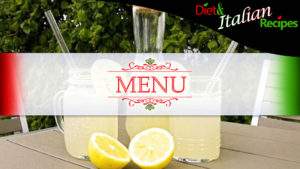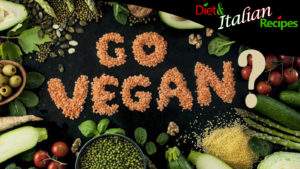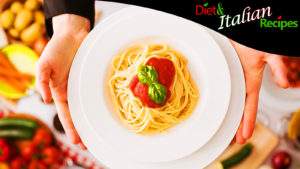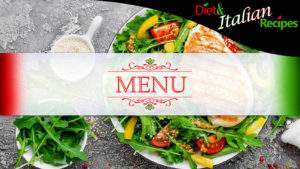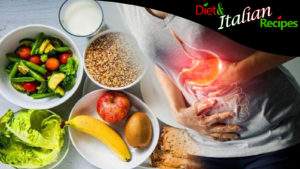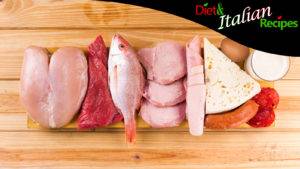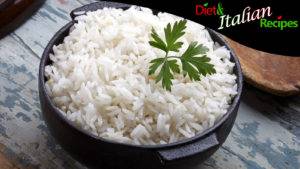What is a healthy diet to lower levels of high cholesterol, and what should you eat? If you have high cholesterol, you should eat certain foods and follow a healthy diet every day to prevent it from getting worse. High levels of cholesterol in the blood are a warning sign for your health. Here is what to eat and what foods to avoid to lower it. Following our advice on what to eat with high cholesterol will help keep your body healthy. A healthy and balanced diet free from foods that increase cholesterol levels is the only natural remedy for high cholesterol.
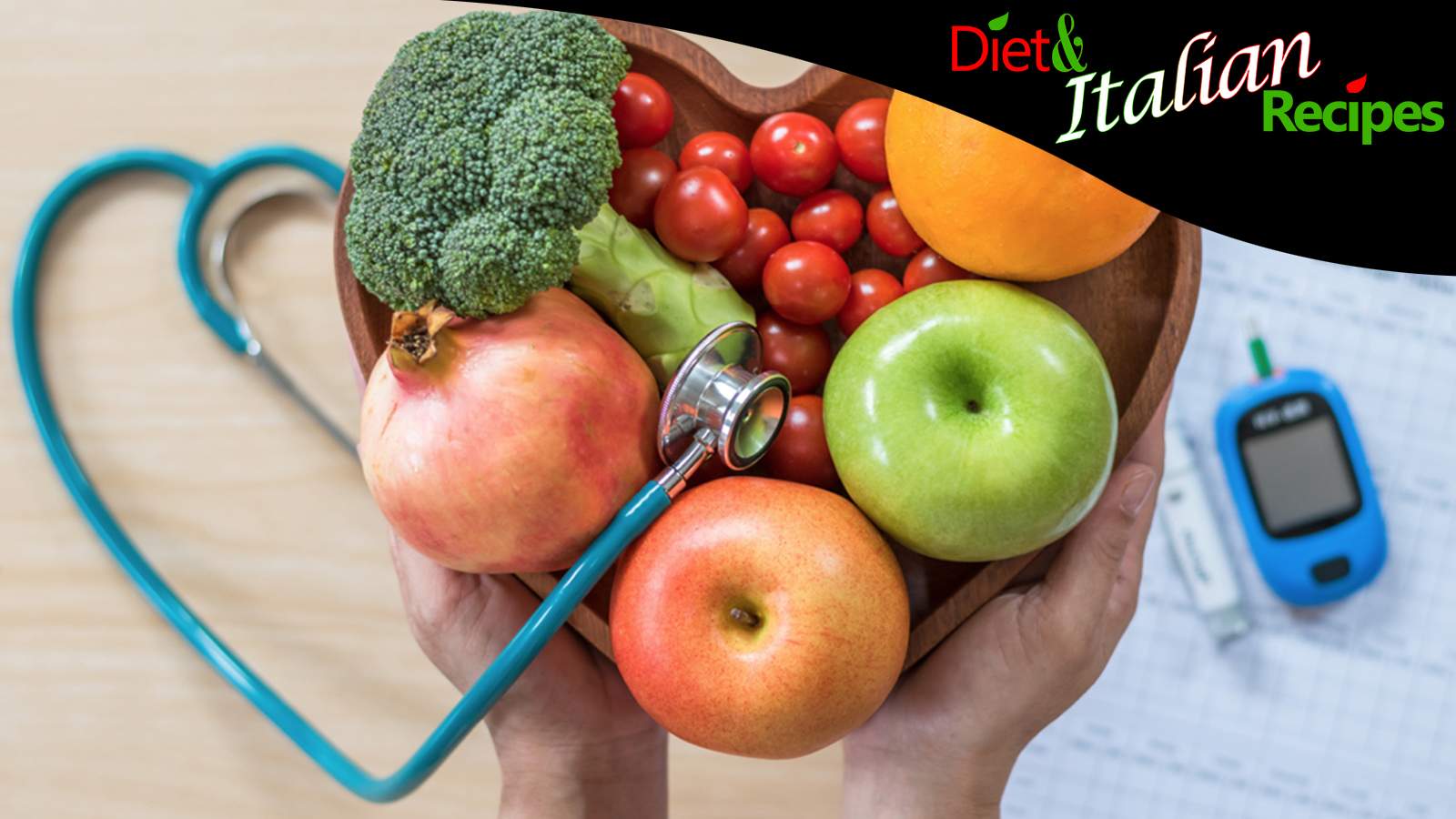
WHAT TO EAT with High Cholesterol
What to eat with high cholesterol? When you have high cholesterol, you must eat in a healthy way by following a diet that can lower your levels:
- Soluble fiber. Fiber is found in vegetables, it reduces high levels of cholesterol in the blood and reduces absorption. Some foods that are considered high in fiber are oat bran, barley, nuts, seeds, beans, apples, pears, prunes, lentils, and peas.
- Good fats. Good fats can counter cholesterol; a classic example is avocado. Avocado, as well as olive, rapeseed, and peanut oils, or nuts and seeds, contains unsaturated fats and are excellent for a healthy diet.
- Whole foods. Whole foods allow for the intake of fiber in various forms; for example, whole grain pasta, rice, and bread are preferred over the traditional version with white flour.
- Poultry and lean meats. This includes chicken, turkey, certain parts of pork such as the loin, and veal. Avoiding the fatty parts of animal products extends life and allows you to enjoy delicious dishes without raising cholesterol levels. Also, avoid poultry skin.
- Fatty fish. The fat in fish, on the other hand, has positive effects on cholesterol. Two weekly servings of salmon, trout, albacore tuna, herring (including sardines) or mackerel are recommended. Rich in protein, omega 3, potassium, and good fats, they are the ideal food for a healthy lunch or dinner.
Keeping cholesterol levels low means including the above-listed foods in your diet.
Foods to avoid
What should you eat with high cholesterol? We just said it. What are the foods to avoid in a diet for high cholesterol? The foods to avoid with high cholesterol are all foods containing saturated fats, such as fried and fatty meats. To lower cholesterol, it is advised to strictly avoid the following foods in your diet:
- Red and fatty meats.
- Organ meats, such as liver.
- Dairy products, including whole milk, cream, ice cream, butter, and cheese (except for some exceptions, see below for the cheeses that can be eaten).
- Cured meats.
- Baked goods such as doughnuts, cakes, and cookies.
- Foods that contain “partially hydrogenated oil” in the ingredients.
- Solid and pure fats such as margarine and lard.
- Fried foods.
By avoiding the listed foods, it will be easy to keep your cholesterol level low without any effort.
Cheeses you can eat occasionally with high cholesterol level
What is a high cholesterol diet, and what should you eat to lower levels? We have seen that cheeses cannot be eaten with high cholesterol, but some cheeses contain little cholesterol and can be eaten occasionally. The cheeses that can be eaten occasionally with high cholesterol are:
- Cottage cheese, which has only 5% fat.
- Crescenza cheese, which has only 53 mg of cholesterol per 100 grams of product.
- Ricotta cheese, which has only 51 mg of cholesterol per 100 grams of product and is also rich in protein, vitamins, and beneficial substances.
- Feta cheese is also an exception. It contains 68 mg of cholesterol per 100 grams and is suitable for a healthy diet for high cholesterol.
- If you love oriental food, you will be happy to know that tofu, a 100% vegetable oriental cheese, is cholesterol-free and perfectly fits your diet.
SHARE the diet for high cholesterol with friends and family!
The information provided in the Diet and Italian Recipes articles is for INFORMATION ONLY and does not intend to replace the opinion of professional figures such as a doctor, nutritionist, or dietitian, whose intervention is necessary for the prescription and composition of personalized dietary therapies.
